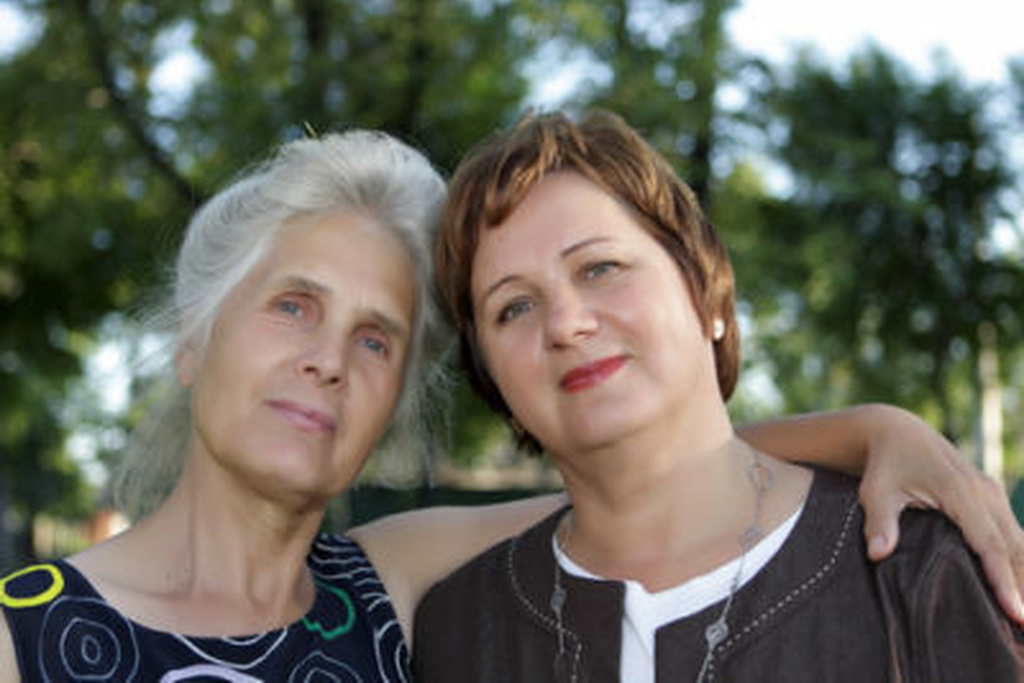
Teaching What is Good
Today the word mentoring is thrown around quite a lot in both Christian and non-Christian circles. It is important to be clear what makes for a godly mentoring relationship and what the goals are for deeming one as successful. First and foremost, there must be true fellowship.

- Andrea G. Schwartz,

- Andrea G. Schwartz
Andrea Schwartz is Chalcedon’s family and Christian education advocate, and the author of eight books including: A House for God: Building a Kingdom-Driven Family, The Biblical Trustee Family: Understanding God’s Purpose for Your Household, Empowered: Developing Strong Women for Kingdom Service, Woman of the House: A Mother’s Role in Building a Christian Culture, and The Homeschool Life: Discovering God’s Way to Family-Based Education. She’s also the co-host of the Out of the Question podcast, the Chalcedon podcast, and has an active teaching schedule with women and high schooled students.. She can be reached at [email protected].